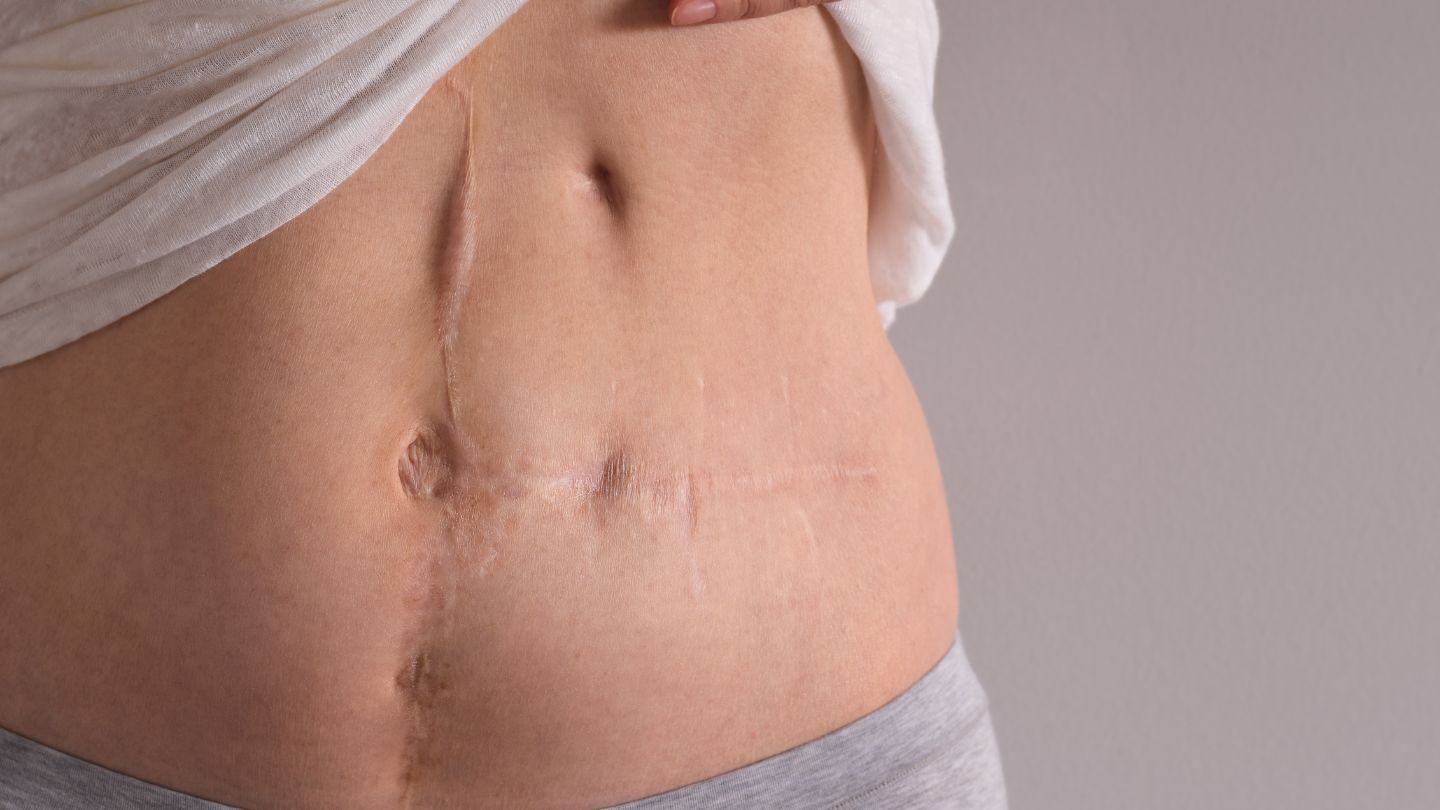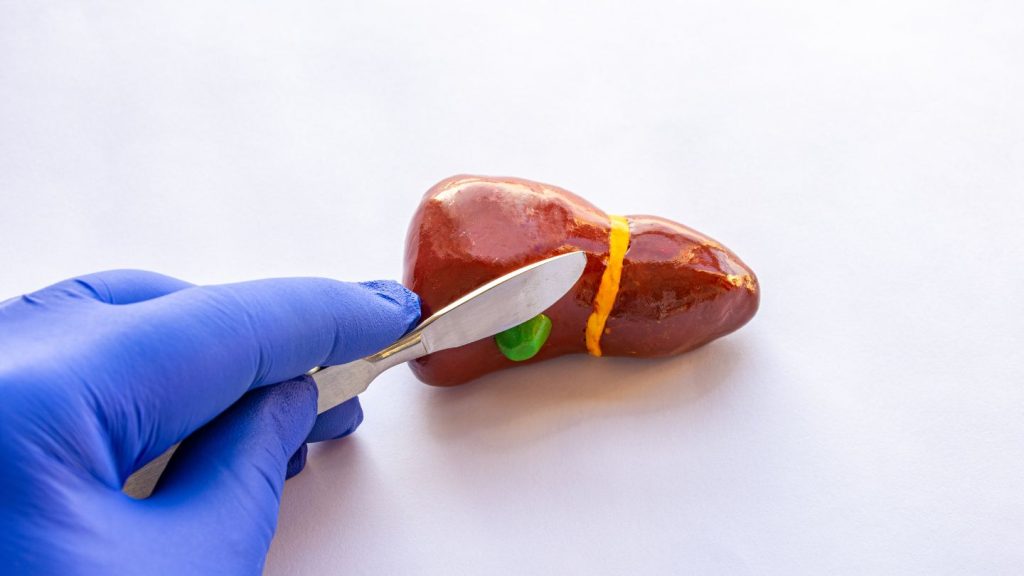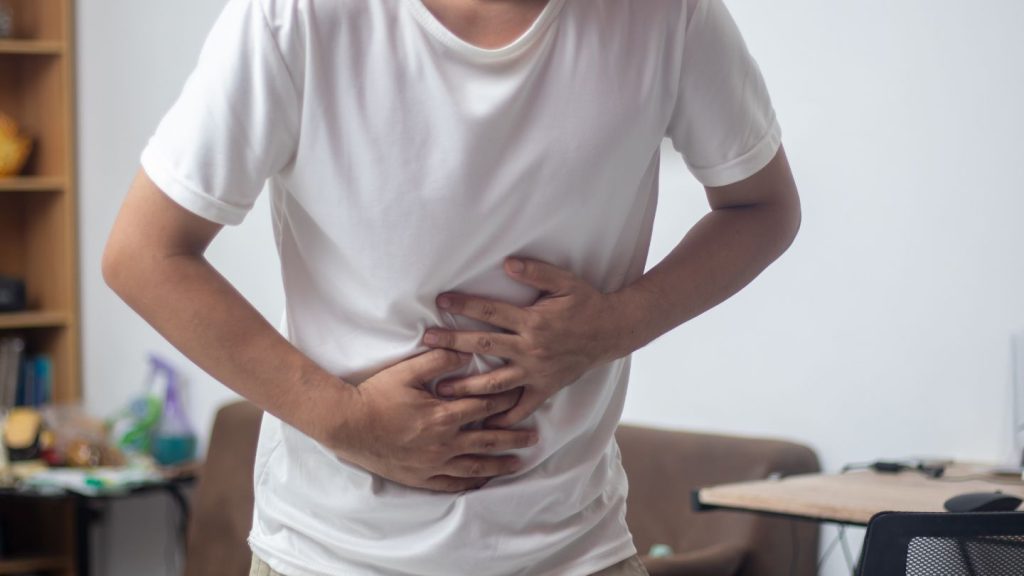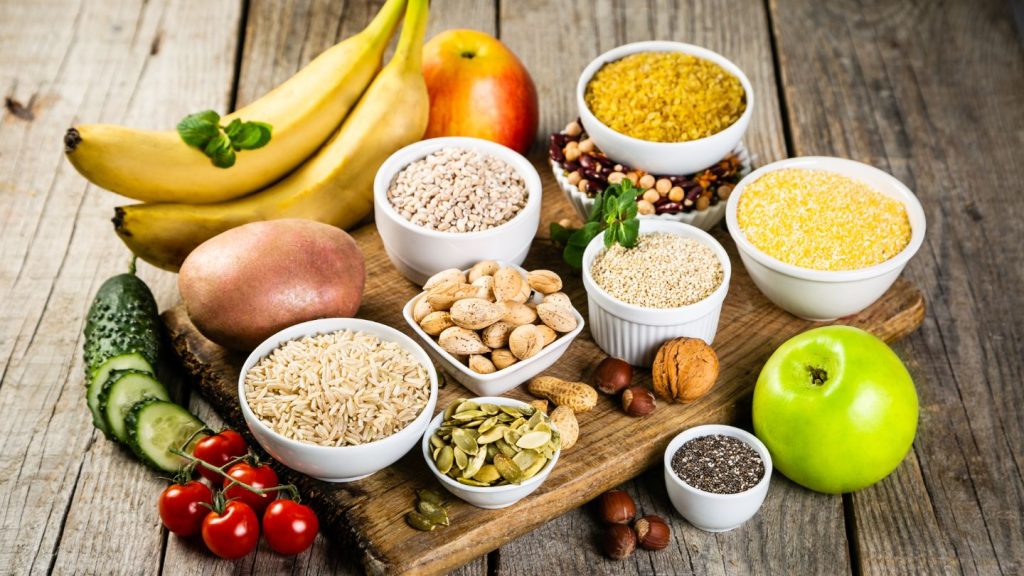
How Long Will It Take to Recover from Gallbladder Surgery
Wondering how long will it take to recover from gallbladder surgery? In this detailed guide, we’ll break down the recovery timeline, highlight what you can expect, and share tips for a smooth recovery.
Key Takeaways
- Recovery from gallbladder surgery varies: laparoscopic cholecystectomy usually allows for a return to normal activities within 1-2 weeks.
- Effective pain management with over-the-counter medications is crucial post-surgery, and patients should be vigilant for any signs of complications.
- Dietary changes post-surgery are essential; patients should gradually reintroduce food, focusing on a low-fat diet to aid digestion without a gallbladder.
Recovery Timeline Overview

Understanding the recovery process is crucial for those preparing for gallbladder removal surgery. Laparoscopic cholecystectomy involves creating four small incisions, facilitating a more expedited recuperation phase. The majority of patients may leave the hospital on the same day as their surgery and often are able to pick up their normal routine within several days to weeks following the procedure.
Laparoscopic Surgery Recovery Time
Minimally invasive laparoscopic surgery is known for a shorter convalescence period. Traditional open surgery allows patients to typically resume normal activities within one to two weeks. Particularly after laparoscopic cholecystectomy, individuals often find they can return to non-stressful work during that timeframe.
During the first couple of weeks post-surgery, it’s important for patients to refrain from heavy lifting and vigorous physical exertion. They can start driving again when their reflexes are back up to speed, and once there is no longer a need for potent pain medication. This expedited recovery process allows many people to quickly regain their day-to-day life routines, positively impacting their overall health and wellness.
Pain Management Post-Surgery

It is crucial to manage pain effectively following gallbladder removal surgery for a seamless healing process. Patients might experience relatively minor abdominal discomfort, tenderness at the incision areas, and shoulder pain resulting from the carbon dioxide gas utilized in laparoscopic surgery. Promptly addressing these pains can significantly improve comfort levels and accelerate recovery.
Rather than waiting until the pain becomes severe before taking medication, maintaining a regular regimen for managing pain can help prevent distress and contribute positively to recuperation. For an optimized approach to controlling pain after gallbladder removal surgery, consult with your healthcare provider regarding the appropriate use of medicine.
Read more: Benefits of Laparoscopic Gallbladder Surgery
Diet After Gallbladder Removal

Recovery from gallbladder removal surgery often entails making significant changes to your diet. The role of the gallbladder in storing bile, which is essential for fat digestion, means that its removal requires an alteration in both dietary habits and choices. In the initial period post-surgery, patients may find it challenging to process fats and substantial meals. This typically becomes easier as time passes.
The shift towards a new dietary routine includes short-term alterations immediately following surgery, as well as ongoing lifestyle changes. Although many individuals are able to resume their usual diet within several weeks, it is important to gradually reintroduce different foods while paying close attention to how one’s body adapts. To facilitate a seamless adaptation of the digestive system, which is now reliant on direct bile flow from the liver through the bile ducts without gallbladder storage capability, seeking tailored guidance from a healthcare provider is advisable for personalized nutritional recommendations.
Initial Dietary Changes
Following gallbladder surgery, it is advisable to begin with a diet consisting of clear liquids such as broth and gelatin for the initial days. This approach allows your digestive system time to adapt post-surgery. As you recover, you can progressively start eating small portions of low-fat food items as your body becomes more accustomed to digesting complex foods.
As soon as your bowel movements return to their normal consistency and liquid stools subside, regular solid foods can be gradually introduced back into your diet. It’s important to ease into this transition gently in order not to overburden your digestive system, which helps facilitate a smoother healing process after the surgery.
Long-Term Dietary Adjustments
For individuals without a gallbladder, making enduring changes to their diet is imperative for sustaining proper digestive function. After the recovery period, adopting a diet low in fat may be beneficial, but it might need to extend beyond an initial four-week duration to maintain healthy digestion. While most patients are able to gradually reintroduce various food types into their diets, it’s important that they limit dietary fats to less than 30% of their total daily calorie consumption.
To enhance long-term digestive well-being, integrating high-fiber items along with omega-3 fatty acids into one’s meal plan is advantageous. Steering clear of foods rich in fat—particularly those that are fried or sugary—and minimizing the intake of other fatty foods can help prevent gastrointestinal issues and contribute positively towards general health maintenance.
Read more: What To Eat & What To Avoid After Gallbladder Surgery
Activity and Exercise During Recovery

During the recovery period, maintaining activity levels is essential for a swift and seamless healing process. Initiating early movement activities like walking can not only ease any discomfort from gas but also enhance blood flow throughout the body. It’s important to refrain from intense activities or lifting heavy objects during the initial few weeks to avoid any adverse outcomes.
As you progress through your recovery, gently escalating your level of physical exertion and adhering to broad directives on resuming exercise will assist in returning you to your regular routine. Pay close attention to what your body tells you and steer clear of actions that result in pain, as this is vital for secure recuperation.
Early Mobility
Patients are strongly recommended to start walking shortly after undergoing gallbladder surgery to expedite the healing process. As soon as patients feel up to it, they should aim for 5-6 daily walks. These activities sustain essential body functions and enhance circulation. Such immediate post-surgical movement plays a vital role in significantly minimizing potential issues like blood clots.
Incorporating early mobility routines such as walking is also beneficial in managing loose bowel movements and promoting the efficient operation of the digestive system during its adaptation phase following surgery.
Resuming Normal Activities
Following laparoscopic surgery, numerous patients are capable of returning to jobs that don’t require strenuous physical effort within a span of one to two weeks. Individuals employed in office settings. Get back to their usual activities within roughly two weeks, but for those with occupations involving more intensive labor, it could take up to eight weeks after undergoing open surgery before they’re able to return.
After the first couple of weeks post-surgery, assuming there is no pain or discomfort experienced during recovery, moderate exercise such as cycling or running can usually be safely undertaken. Driving should only commence when reaction times have normalized, and there’s no longer a need for potent pain medication.
This measured approach towards resuming activity aids individuals in transitioning gently back into their accustomed daily patterns following surgery.
Monitoring Bowel Habits
After undergoing gallbladder surgery, it’s not unusual for patients to encounter alterations in their bowel habits. The adjustment period can lead to loose stools due to bile being directly released into the intestines. Conversely, constipation may also present itself as a result of variables, including anesthesia effects, reduced physical movement, and the use of narcotic pain medications.
To handle these post-surgery digestive changes effectively, one should enhance their consumption of fiber and liquids. A mild laxative might be needed if necessary. Although most gastrointestinal complications subside eventually following surgery, persistent issues warrant reaching out to your healthcare provider for advice.
Emotional Well-being
The significance of emotional health is often neglected, yet it’s a crucial component in the healing process. Implementing practices such as deep breathing exercises can alleviate stress and aid in achieving tranquility. One easy technique includes shutting your eyes and inhaling slowly for five to ten prolonged breaths while loosening up your muscles.
Partaking in enjoyable pastimes or activities can divert attention from any unease and lower tension levels. Methods like guided imagery, which involves conjuring up a serene setting in your mind, are also beneficial for inducing relaxation and mitigating stress. Attending to one’s emotional needs is instrumental in enhancing overall well-being during recovery.
When to Contact Your Healthcare Provider
Ensuring a prompt recovery hinges on knowing when to reach out to your healthcare provider. Should you notice considerable jaundice, evident by the skin and eyes taking on a yellow hue, it’s imperative to seek immediate medical advice. Similarly, if you experience abdominal swelling accompanied by tenderness, this could signify an alarming complication that necessitates attention from a medical professional.
It is critical as well to inform your healthcare team about ongoing intense abdominal pain or any emerging issues related to digestion. Keeping track of these symptoms and obtaining timely medical counsel can help prevent severe complications and contribute to quicker healing.
Summary
The process of recuperation from gallbladder surgery requires an awareness of the recovery timeline, handling discomfort effectively, making dietary modifications, maintaining physical activity, and keeping tabs on your mental health. Adhering to the provided recommendations and strategies will help you steer through your convalescence assuredly and reintegrate into your routine tasks with ease.
It’s crucial to bear in mind that each person’s path to recovery is distinctive. Paying attention to what your body tells you and consulting healthcare professionals as necessary are critical steps. We trust that this guide has been a helpful resource, offering knowledge and assistance throughout your healing journey.
Get In Touch With Us
At Ascension Saint Agnes Bariatric Surgery, we take pride in offering comprehensive care and support for those undergoing procedures like Laparoscopic Gallbladder Surgery in Baltimore. Our dedicated team is here to ensure you receive the best possible care tailored to your unique needs.
Contact us today to schedule a consultation and take the first step towards a healthier you!